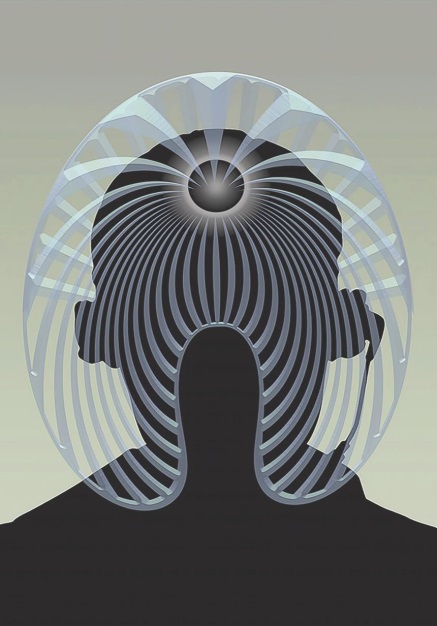Sleep Disturbances: A Common and Challenging Symptom of Post-Traumatic Stress Disorder
BY JAMES HALPER, MD
Editors Note: EP continues its exploration of the effects of combat on servicemembers who have returned home and are attempting to cope with traumatic experiences while reintegrating into the daily life of family, community, and work. This series focuses on traumatic brain injury, post-traumatic stress disorder, and related health issues. This month’s article explores the issue of substance abuse, some of its effects, and some options and thoughts for recovery.
Sleep disturbances are a major sympton of post-traumatic stress disorder (PTSD). In the DSM-IV-TR (Diagnostic and Statistical Manual of Mental Disorders, Fourth Edition, Text Revision), the official diagnostic manual of the American Psychiatric Association (APA) in the diagnosis of PTSD, the presence of nightmares (recurrent distressing dreams of an event) is part of the DSM’s Criterion B (reexperiencing of the traumatic event) and difficulty falling or staying asleep are part of Criterion D (increased arousal) – i.e., sleep disturbances comprise two of the five criteria required for the diagnosis of PTSD.

TRAUMATIC BRAIN INJURURY PART FOUR
One or both of these features is experienced in up to 90 percent of patients with PTSD. These symptoms are considered particularly distressing by patients and have a highly negative impact on their quality of life (QOL). Additionally, there is evidence that impaired sleep contributes to physical and mental disorders associated with PTSD and is a contributor to the development and/or is a perpetrator of PTSD itself.
Sleep disturbances also play a role in substance abuse—especially alcohol abuse—as people attempt to self-medicate to avoid the distress associated with disturbed sleep and/or nightmares. Patients also respond to disturbances such as nightmares by engaging in behaviors in which they avoid sleep, resulting in insomnia. These sleep difficulties have a major adverse impact on patients with PTSD. The effective treatment of sleep disturbances is associated with beneficial consequences that go beyond improved sleep and decreased nightmares.
SEEKING EFFECTIVE TREATMENTS
A variety of treatments have been tried, and some have shown greater results than others.
Unfortunately, sleep disturbances frequently do not respond to selective serotonin reuptake inhibitors (SSRIs), the major treatment for PTSD. Indeed, SSRIs may, at least initially, make insomnia more severe. The new generation of “atypical antipsychotics” (e.g.: quetiapine, olanzapine, and risperidone) may be helpful but are associated with side effects that include sedation and weight gain. Recently, however, new treatments have been developed that are more effective for sleep disturbances. These new treatments have been developed, in part, because of increased understanding of the pathophysiology (the accompanying functional changes) of PTSD.